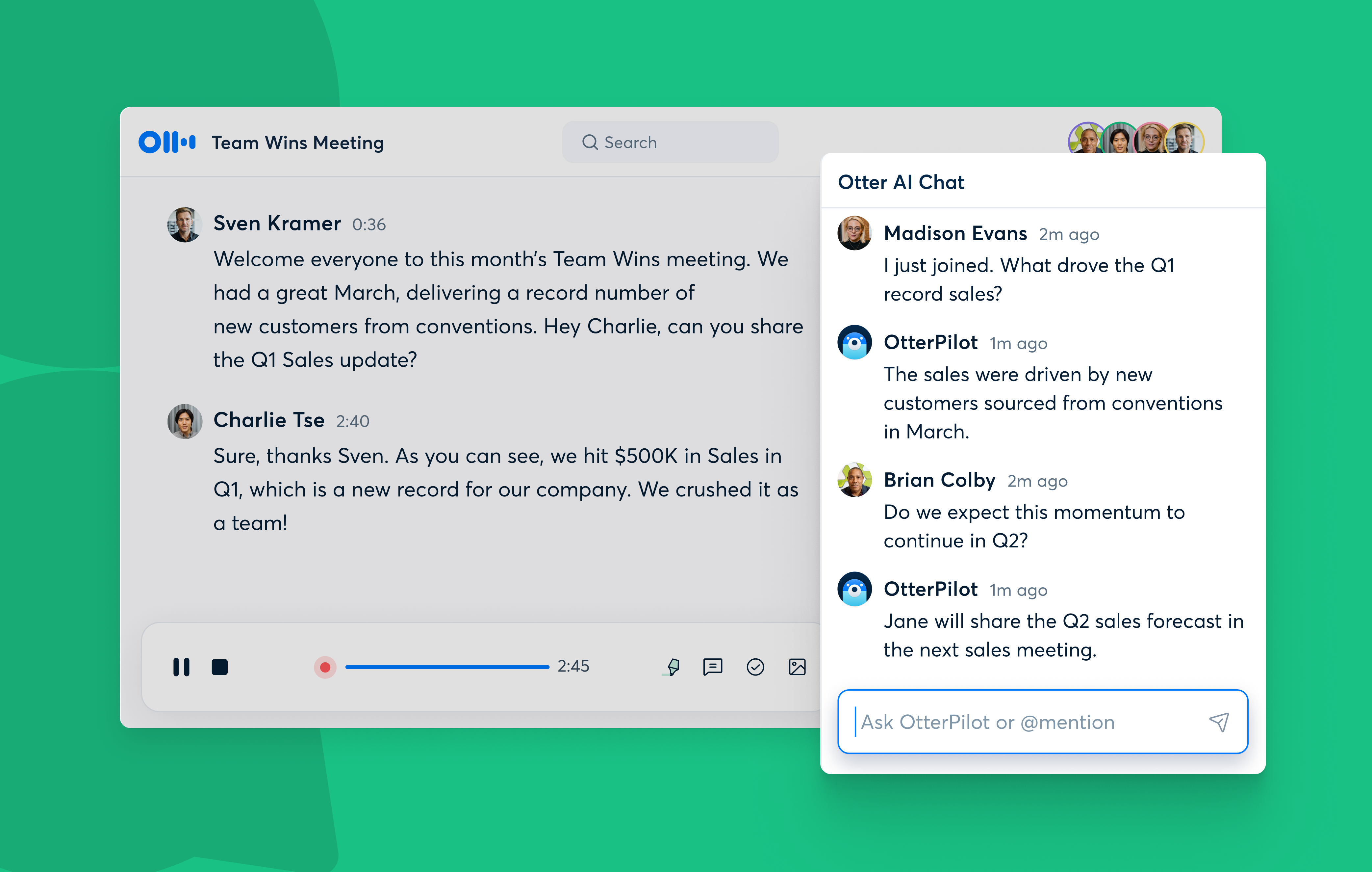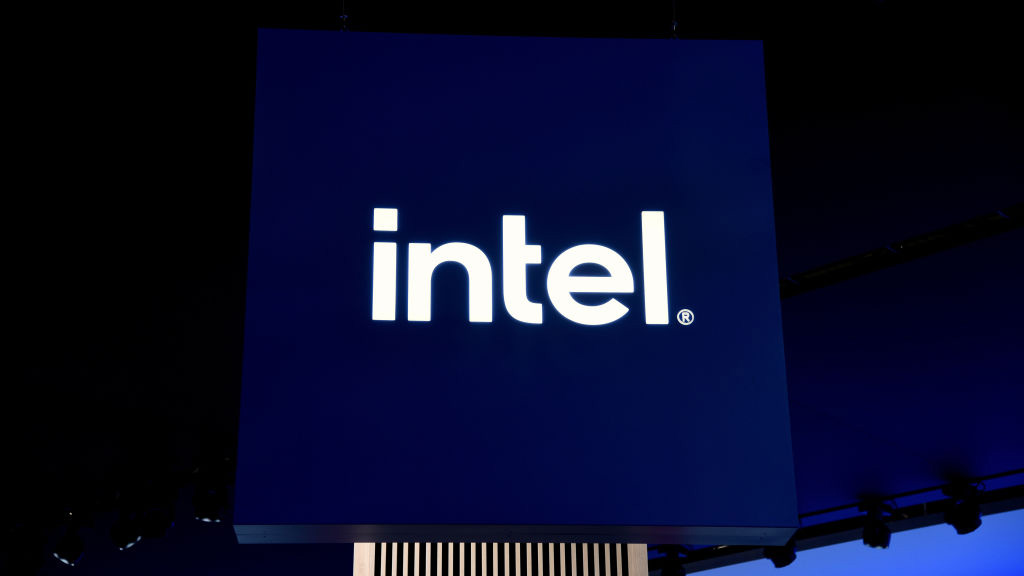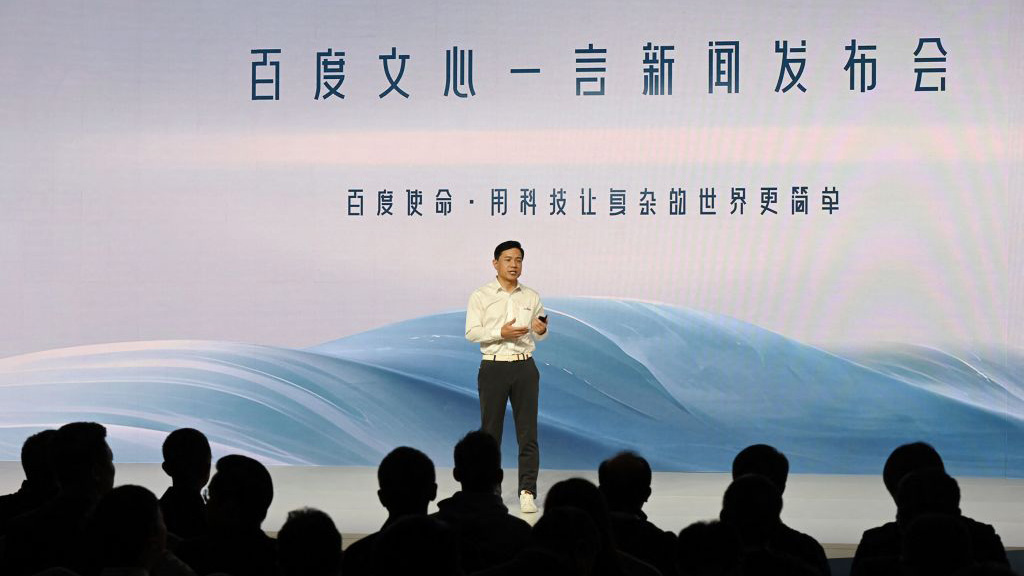Microsoft is building a Teams tool that can tell if you're bored during a video call
The 'AffectiveSpotflight' is a form of facial recognition that aims to reduce anxiety for video conferencing hosts


Microsoft researchers are testing a new feature for Teams that aims to provide speakers on calls with a near-real-time assessment of the moods and reactions of their audience.
The 'AffectiveSpotflight' is said to be built from a type of facial recognition algorithm that uses a neural network to capture and assess the expressions of call participants, monitoring for changes in emotions such as happiness, sadness and surprise.
The software is being developed by researchers across a number of Microsoft facilities in Redmond, Boston and Cambridge, MA, with findings expected to be revealed at Japan's CHI Conference on Human Factors in Computing Systems in May.
The system is said to be able to spot subtle movements, such as the shake of a head, a furrowed brow, and even a raised eyebrow. Each of these is then rated between 0 and 1, with positive emotions scoring higher. The person with the highest score is highlighted to the presenter, every 15 seconds.
The facial expressions of the participants are also matched to datasets in Microsoft's Convolutional Neural Network (CNN), which has expression categories for anger, disgust, fear, happiness, sadness, surprise, and neutral.
RELATED RESOURCE

The workers' experience report
How technology can spark motivation, enhance productivity and strengthen security
"Public speaking is often regarded as one of the most stressful daily activities and is heavily influenced by audience responses to the presenter," the research states. "In fact, studies that seek to reliably induce acute stress on people often involve giving a presentation in front of a neutral-looking audience (a.k.a., Trier social stress test). While research on audience responses in online settings is still nascent, there is prior work considering the impact of in-person audience responses, especially in the context of alleviating public speaking anxiety."
The feature isn't available on Microsoft Teams as yet, but it is very much in keeping with recent updates to the platform that focuses on wellbeing and combating so-called 'video call fatigue'.
Get the ITPro daily newsletter
Sign up today and you will receive a free copy of our Future Focus 2025 report - the leading guidance on AI, cybersecurity and other IT challenges as per 700+ senior executives
However, this may be seen as a somewhat overly technical solution to a problem that is fairly easily solved with feedback, and it isn't difficult to imagine how this feature could create further anxiety as it tries to reduce it.
Bobby Hellard is ITPro's Reviews Editor and has worked on CloudPro and ChannelPro since 2018. In his time at ITPro, Bobby has covered stories for all the major technology companies, such as Apple, Microsoft, Amazon and Facebook, and regularly attends industry-leading events such as AWS Re:Invent and Google Cloud Next.
Bobby mainly covers hardware reviews, but you will also recognize him as the face of many of our video reviews of laptops and smartphones.
-
 Bigger salaries, more burnout: Is the CISO role in crisis?
Bigger salaries, more burnout: Is the CISO role in crisis?In-depth CISOs are more stressed than ever before – but why is this and what can be done?
By Kate O'Flaherty Published
-
 Cheap cyber crime kits can be bought on the dark web for less than $25
Cheap cyber crime kits can be bought on the dark web for less than $25News Research from NordVPN shows phishing kits are now widely available on the dark web and via messaging apps like Telegram, and are often selling for less than $25.
By Emma Woollacott Published
-
 Big Tech AI alliance has ‘almost zero’ chance of achieving goals, expert says
Big Tech AI alliance has ‘almost zero’ chance of achieving goals, expert saysNews Companies like Microsoft, Google, and OpenAI all have competing objectives and approaches to openness, making true private-sector collaboration a serious challenge
By Rory Bathgate Published
-
 Otter.ai brings collaborative AI to meetings with Otter AI Chat
Otter.ai brings collaborative AI to meetings with Otter AI ChatNews The speech-to-text giant has set its sights on contextual AI
By Rory Bathgate Published
-
 Slack says automation can save every employee a month of work per year
Slack says automation can save every employee a month of work per yearNews Research from Slack found that workers believe generative AI tools will revolutionize productivity
By Ross Kelly Published
-
 Generative AI has left the metaverse in the dust
Generative AI has left the metaverse in the dustOpinion Generative AI demonstrating tonnes of business use cases only serves to highlight the hopelessness of the metaverse
By Rory Bathgate Published
-
 Intel targets AI hardware dominance by 2025
Intel targets AI hardware dominance by 2025News The chip giant's diverse range of CPUs, GPUs, and AI accelerators complement its commitment to an open AI ecosystem
By Rory Bathgate Published
-
 Calls for AI models to be stored on Bitcoin gain traction
Calls for AI models to be stored on Bitcoin gain tractionNews AI model leakers are making moves to keep Meta's powerful large language model free, forever
By Rory Bathgate Published
-
 Why is big tech racing to partner with Nvidia for AI?
Why is big tech racing to partner with Nvidia for AI?Analysis The firm has cemented a place for itself in the AI economy with a wide range of partner announcements including Adobe and AWS
By Rory Bathgate Published
-
 Baidu unveils 'Ernie' AI, but can it compete with Western AI rivals?
Baidu unveils 'Ernie' AI, but can it compete with Western AI rivals?News Technical shortcomings failed to persuade investors, but the company's local dominance could carry it through the AI race
By Rory Bathgate Published